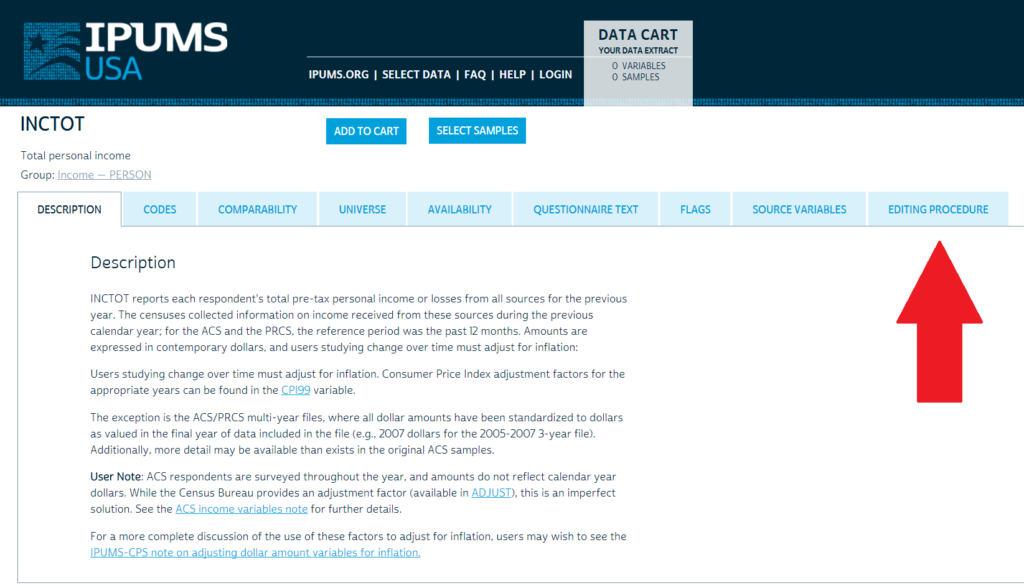At IPUMS we try to address every user’s questions and suggestions about our data. It is just one feature that adds value to IPUMS data. Over time, many questions are often repeated. In this blog series, we will be sharing some of those frequently asked questions. Maybe you’ll learn something, or perhaps you’ll just find these interesting. Regardless, we hope you enjoy.
Why are there so many missing U.S. counties in my data?





